
Ciara O.
Postdoctoral ResearcherWhat is the nature of your role and its responsibilities?
I research the control of plant metabolism, and how we can manipulate these processes to provide better, healthier, and more food. This means speaking to many people within the food industry and understanding what problems we are facing, and where are the areas we need to improve most. Then, I design experiments to test solutions to these problems. For example, I am currently using gene editing to change the starch metabolism in potato, to understand how we can make our food more nutritious and better for our microbiome. These experiments mainly use biochemical analyses, including separating specific molecules (e.g. sugars, starches, vitamins) from the food, and quantifying how much of each one there is. An important part of my job is communicating these results, and I have travelled the world to present my work to other scientists, spoken in UK parliament, and worked with industry to implement change.
What led you to follow this career path?
I wasn’t sure what I wanted to be when I left school, and so chose a degree with a lot of possible applications. Just from my class, there are people working in research, hospital labs, science education, and people who took their STEM skills to different sectors like finance, computer programming, and business owners. I simply continued doing what I found most interesting at every career step, and then looking for opportunities to do more of those things!
What qualification(s) or training did you complete?
I completed an undergraduate degree in Genetics, and immediately started my PhD. During my undergrad I did an internship in an immunology lab, and a thesis project in a plant molecular genetics lab. The training I received in these labs didn’t include formal exams or certifications, but I could list the key skills I had learned on my CV and talk about my experience in my PhD interview. Similarly, in my PhD I received in-lab training on many areas, and trained others. I also had the opportunity to involve myself in MSc courses helping teach both lab and bioinformatics skills to students.
How are your qualification(s) or training useful in your everyday job?
Overall, my school’s biology course and undergraduate degree gave me the foundation of knowledge to understand the scientific basis of the problems and the technologies we are using. What is more important as a researcher is being able to find reliable sources of information, and critically interpreting those sources. I also approach so many different problems, each one requires different skills in the lab. Research groups are usually very collaborative, and I always ask for help when doing something new! Even though I’m no longer in education, I am still always learning from my peers, and teaching them my skills.
What does an average working day look like for you?
Each day can be very different, sometimes I am in a glasshouse growing plants, in the lab analysing which proteins are active, using electron microscopes to look at subcellular particles, or at my computer analysing my data and writing about my results. Working in research means that I can often set my own schedule, working with plants means sometimes I have to work on their schedule (which sometimes includes weekends)! A little routine is also nice, and so on Fridays we always have some talks by other scientists to tell us about their research, which is a fun break from the lab.
What aspect of your role do you most enjoy?
The best thing about my job is that it is always changing. I can spend a few weeks working on one experiment, and then can switch to something completely different, and so I am never bored! Science is moving forward so quickly, it’s always exciting to read about what new work is coming out, and seeing how it impacts your work. I also love trying out new equipment, it still surprises me how many different microscopes we have, and how many different things you can do with each of them!
What aspect of your job do you find most challenging?
Research is always about finding solutions where we don’t have any, or answering questions we have no answer to. This means that a lot of the time, we try many different experiments and nothing works. It can be difficult to keep myself motivated during these times. Thankfully, I am surrounded by other researches who have all had times like this, and so we can support each other when someone is feeling down about their work.
What would be your top piece of advice for anyone wanting to become a postdoctoral researcher?
Work on something you are passionate about! If you love what you are doing, you will naturally find it easier to work hard, study lots of material, and remember all of the cool things you have read. Every subject and job has parts you won’t enjoy (for me it’s admin) but keep working hard and you will get to choose the job that has the most of what you love. Saying yes to opportunities that sounded exciting also let me build a CV with a focus on the things I enjoy most, even without thinking about it.

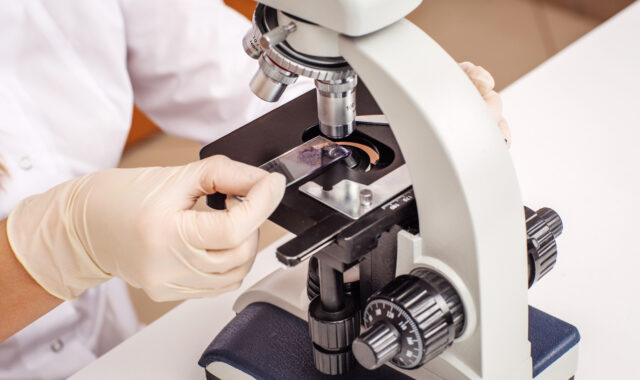
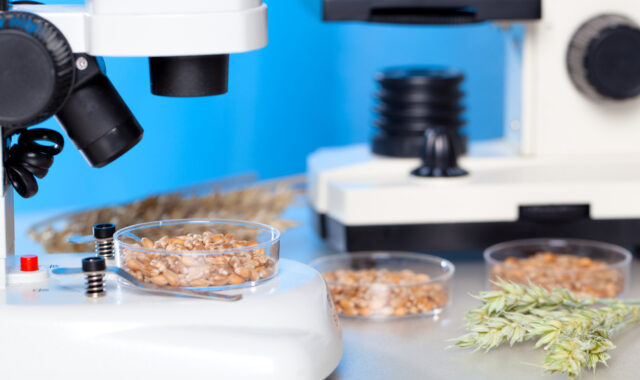
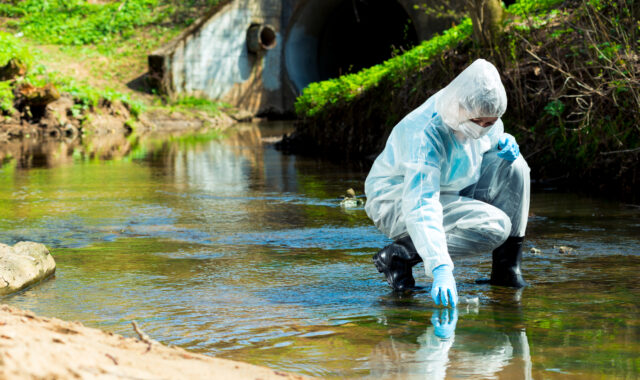
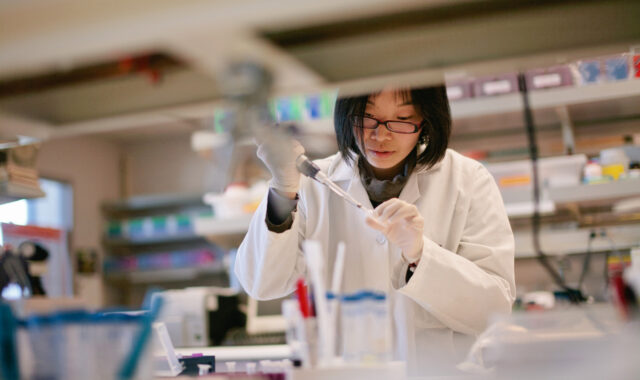




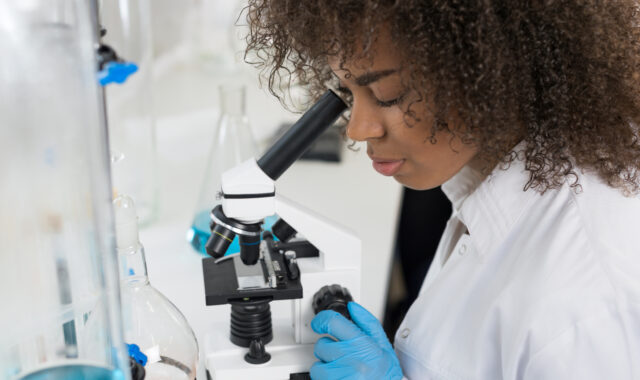
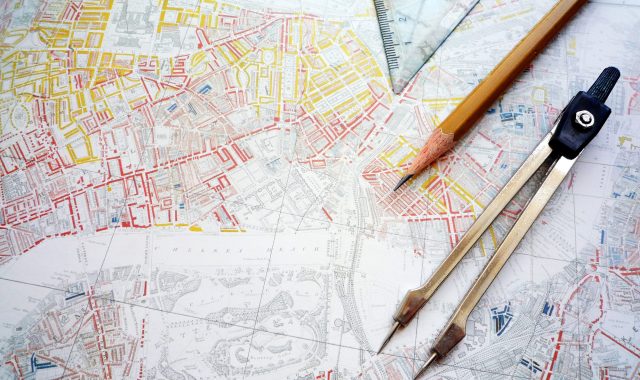


Comments